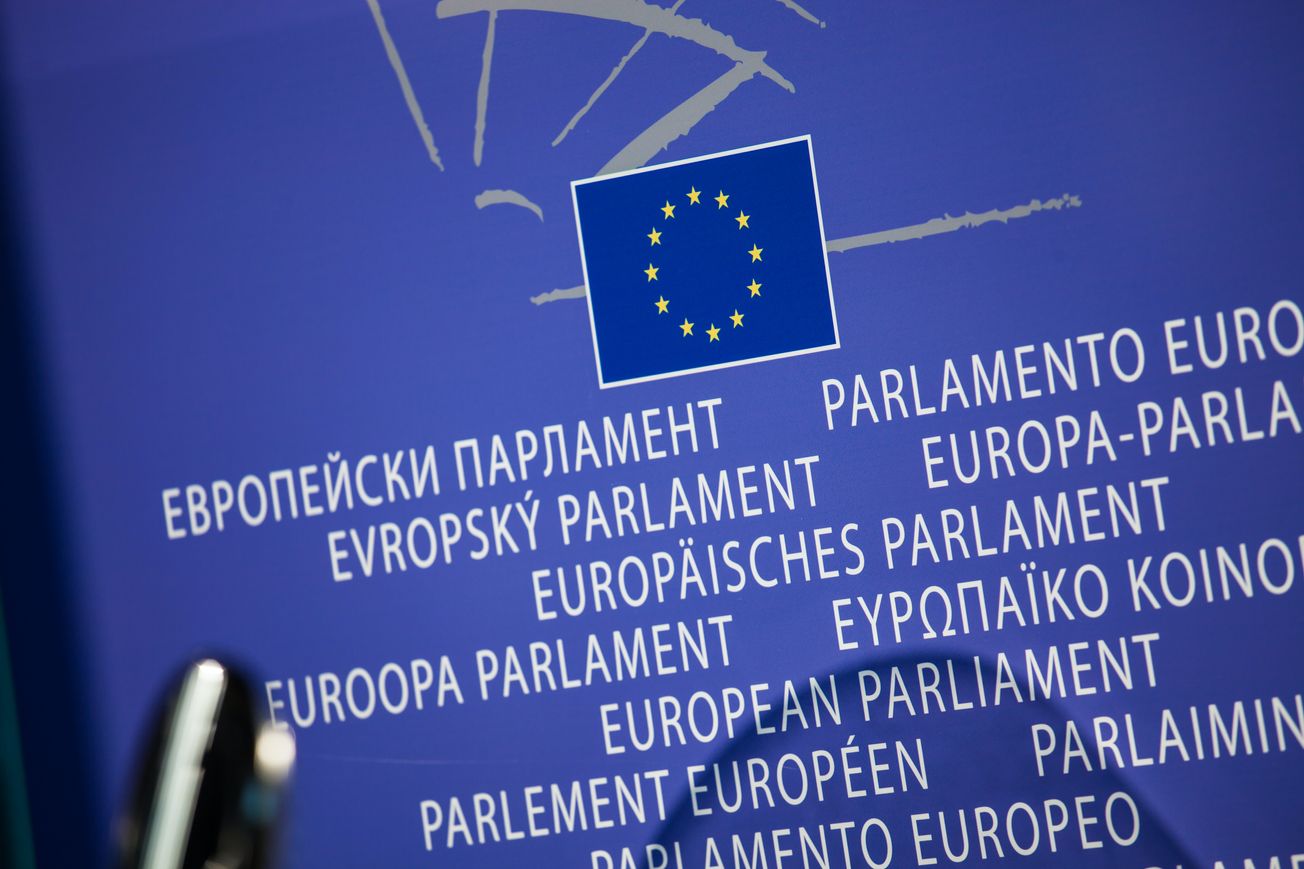In a significant move, European Union lawmakers have voted in favor of proposals that could limit mainstream social media platforms' ability to take down independent journalism deemed to violate their terms and conditions. The European Parliament has set its position for discussions with the Council regarding the Media Freedom Act, targeting what MEPs consider "arbitrary decisions by big platforms.
Expanding on the Original Proposal
The text approved by MEPs goes beyond the European Commission's initial suggestion by imposing requirements on larger platforms, defined as those with more than 45 million regional active monthly users. These platforms are required to notify media service providers 24 hours before taking down their content. This provides media providers with an opportunity to respond to objections before any restrictions or suspensions are implemented.
Safeguarding Media Freedom
The European Parliament emphasizes the need for a mechanism to manage content takedowns by large online platforms. It suggests that platforms should first assess content to differentiate independent media from non-independent sources. After notifying media providers of their intent to remove or restrict content, a 24-hour window is given for media to respond. If the platform still deems the content non-compliant after this period, it can proceed with takedowns or refer the case to national regulators. Media providers, on the other hand, have the right to bring the case to an out-of-court dispute resolution body if they believe the platform's decision undermines media freedom.
Negotiations Ahead
The proposed law is not yet final and will be subject to negotiations in trilogue talks involving the Commission, the Parliament, and the Council. Whether the parliament's push to safeguard media from arbitrary decisions by larger platforms will succeed remains to be seen. The parliament voted significantly in favor of the amended file, with 448 votes in favor, 102 against, and 75 abstentions.
The Need for Media Freedom
The European Commission initially proposed the Media Freedom Act in September 2022 to protect media pluralism and independence amid growing pressures on the media industry due to digital transformation. High-profile arbitrary decisions, such as those seen following Elon Musk's involvement with Twitter (now X), have highlighted the importance of legislation to reinforce media and fundamental rights protections.
Elon Musk's Actions on Twitter/X
Elon Musk's takeover of Twitter led to a series of arbitrary decisions, such as banning journalists who reported on his private jet's location. These actions were criticized by the EU, prompting the need for stronger media protection laws. Musk's continued actions, including plans to stop displaying headlines on news articles and throttling links to certain media outlets, have raised concerns about access to independent journalism on X.
What Are The Challenges Ahead?
X, under Musk's leadership, has clashed with the EU over the Digital Services Act (DSA), pan-EU legislation regulating larger platforms' response to illegal content and systemic risks. Musk's response has been characterized by defiance, leading to questions about whether the planned law can effectively rein in his actions.
Big Tech's Stance
Major tech platforms have generally opposed the parliament's proposal to provide media firms with notice of content takedowns violating their terms and conditions. The Computer & Communications Industry Association (CCIA), a Big Tech lobby organization, criticized the "media exemption," claiming it could empower rogue actors to spread disinformation. CCIA Europe's senior policy manager, Mathilde Adjutor, called it a "major setback in the fight against disinformation."
While the outcome of these legislative efforts remains uncertain, the battle to regulate Big Tech's actions is likely to be a long and challenging one.







